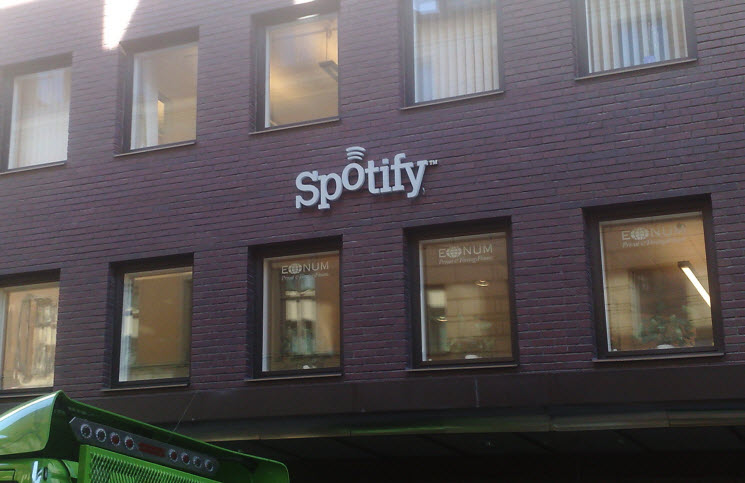The music streaming industry is heavy with competitors. However, with Pandora’s acquisition of the music service Rdio, that market is becoming smaller. Unfortunately, only the biggest companies are likely to keep their doors open because of the way the industry is arranged. Streaming music is thought to be a slippery slope. Many artists feel that they are unfairly compensated by the big streaming companies. Their desire to keep a bigger portion of the money collected leads to a problem of economics.

Let’s use this as an example. If you were to rent a house, you would only pay a small portion of what that house is actually worth. The problem with these artists is, they feel they should be compensated at the rate of someone buying their music, instead of renting. That means the smaller players in the music streaming industry, at least in it’s current form, are destined to close their doors. That is because content costs are outpacing growth, and over 70% of the income being made is going to to those costs.
Spotify, one of the biggest players in the market and Pandora’s competitor has grown to over 1 billion dollars in income, but they are also struggling with profitability. As it stands now, companies that offer ad based music streaming will need to make some lateral moves. The music versions of Apple,Google, and Amazon will be OK, because they are in other fields as well.
As those three negotiate better deals with labels, it is possible the model of the ads based music streaming service may eventually suffer the same fate as Rdio. The technology that Pandora and Spotify offer could be acquired by one of the bigger companies, and they too end. If you are unfamiliar with Pandora, it is a music streaming service that is only available in the US, Australia, and New Zealand. If you do not live in one of those countries, you may still gain access by using a service like SmartDNS.




